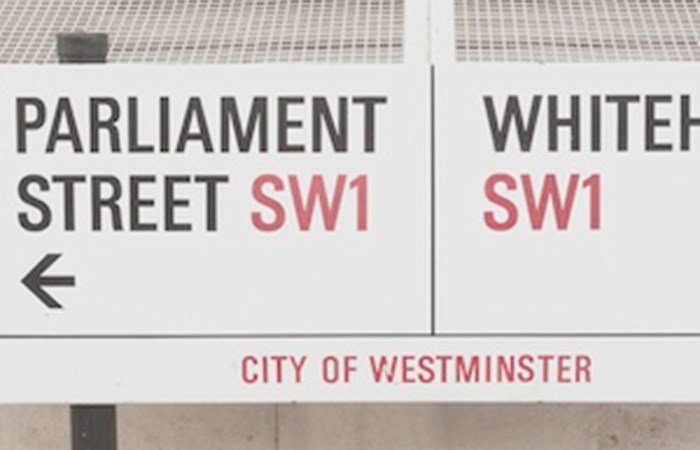Legal Aid Agency

A new option is available to providers using CCMS for funding applications if there is good reason their client is unable to come to their office for a meeting.
Providers can now use the interim declaration process.
Interim declaration process
This process allows providers to gather the information required to complete an application and then submit it online when they return to the office.
How does it work?
The new process allows for:
- providers to complete the application offline
- declaration to be signed at the point instructions are taken
- information to be transferred exactly into CCMS, and the existing declaration can then be used
- providers to submit the application without delay
- signed declarations on instruction to replace the signature usually obtained on the CCMS application summary screen
When can the process be used?
Examples could include where the applicant/client or their partner is housebound through disability, imprisonment or hospitalisation and, for good reason, cannot attend upon the provider in person.
More detail is provided in our CCMS Quick Guides see below.
Client protection
Completed CCMS application summaries must be sent by providers to clients as soon as reasonably practicable. Clients have 14 days from the date of the letter to challenge any of the application details.
Once the deadline has passed the applicant/client, and any partner, will be deemed to have confirmed the truth of the application. This will be in accordance with the signed declaration against the instructions.
This ensures the client retains the same protection as before.
Promissory declaration
This differs from the Interim declaration and should only be used where the client is unable to sign the declaration prior to submission of an emergency delegated functions application.
Further information
CCMS website: Quick Guides for details about the above processes
